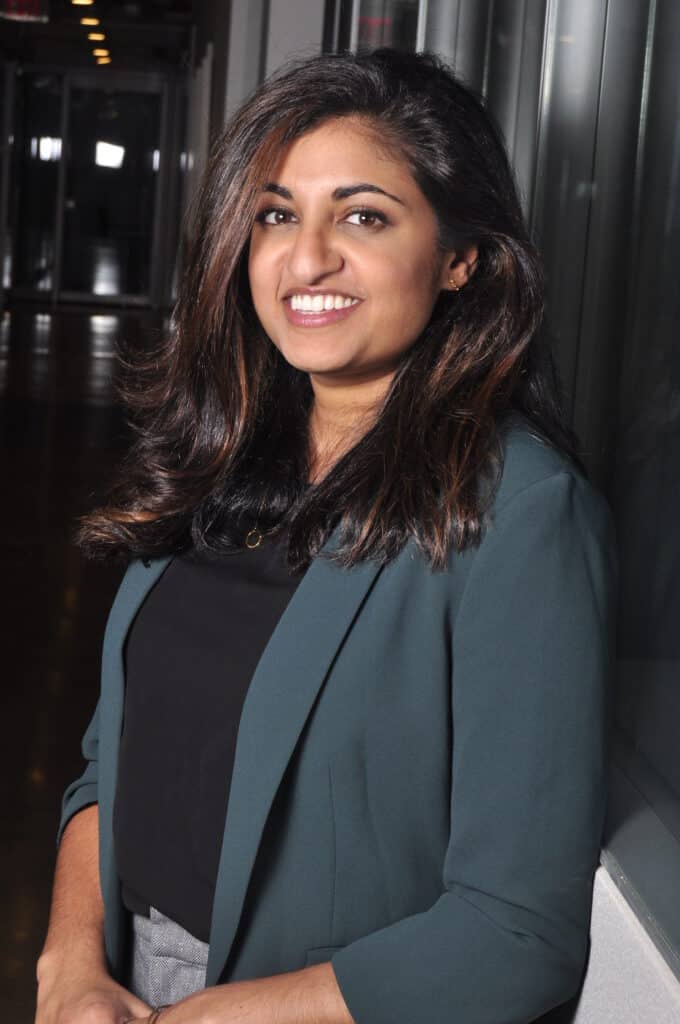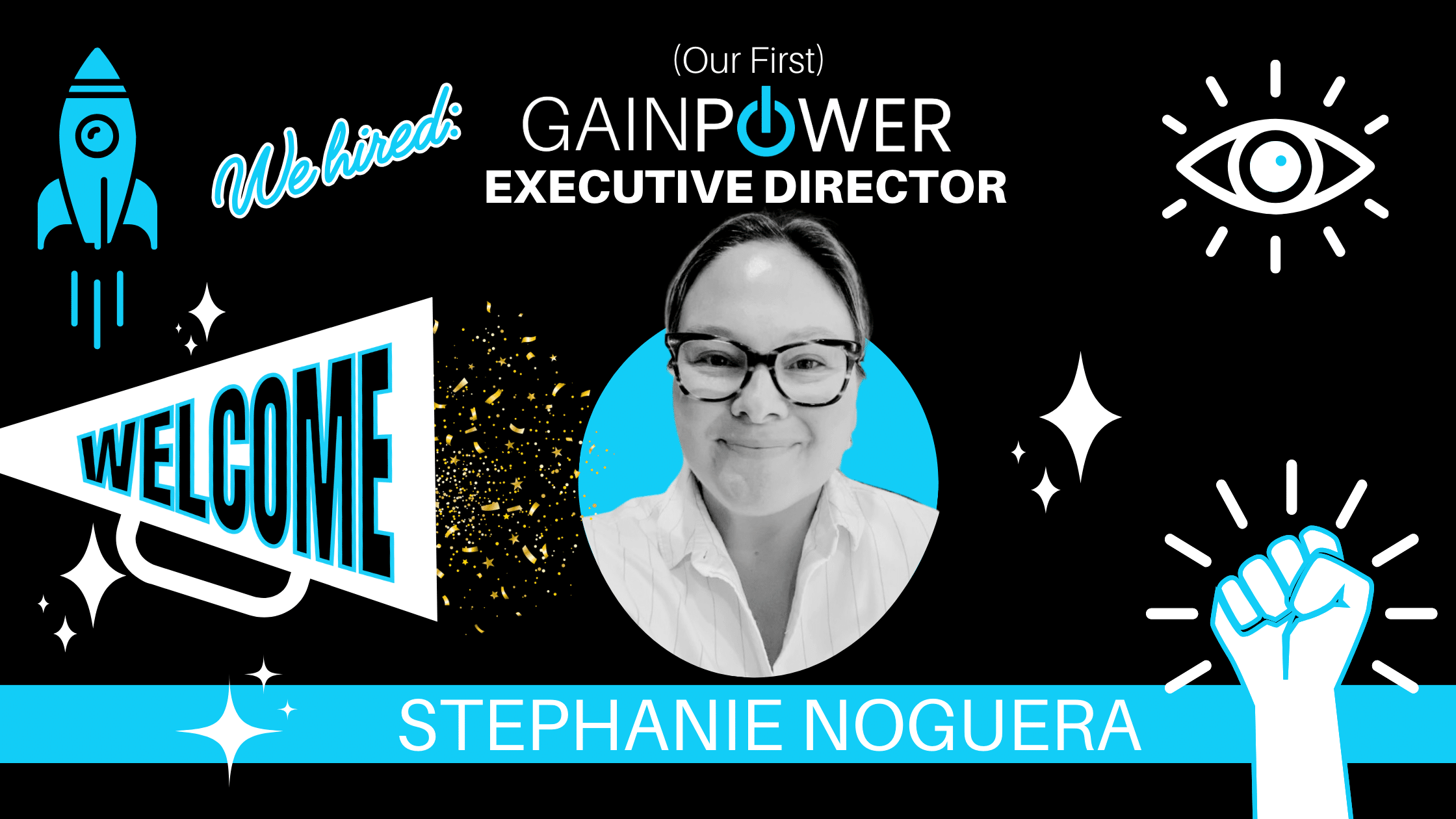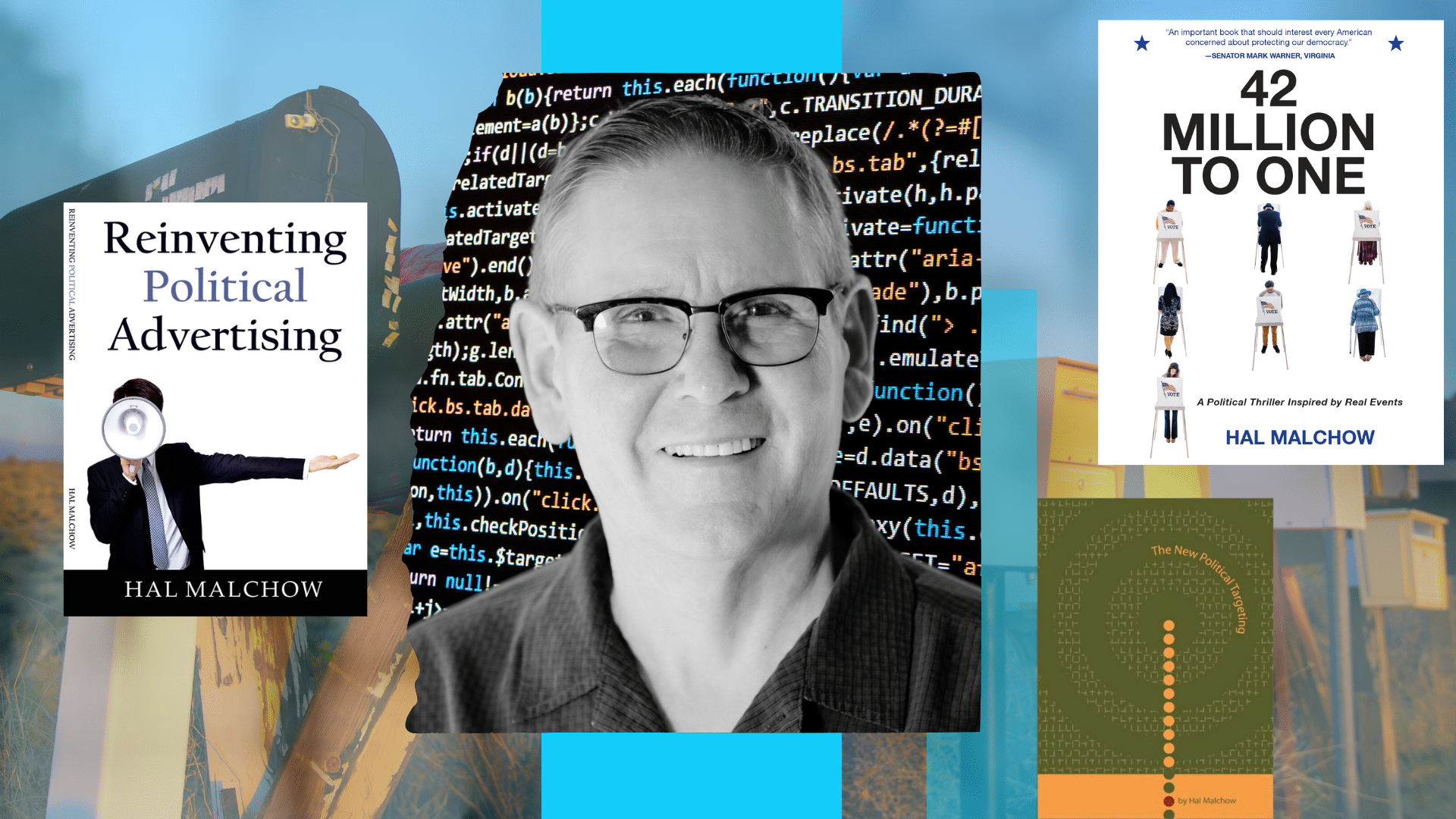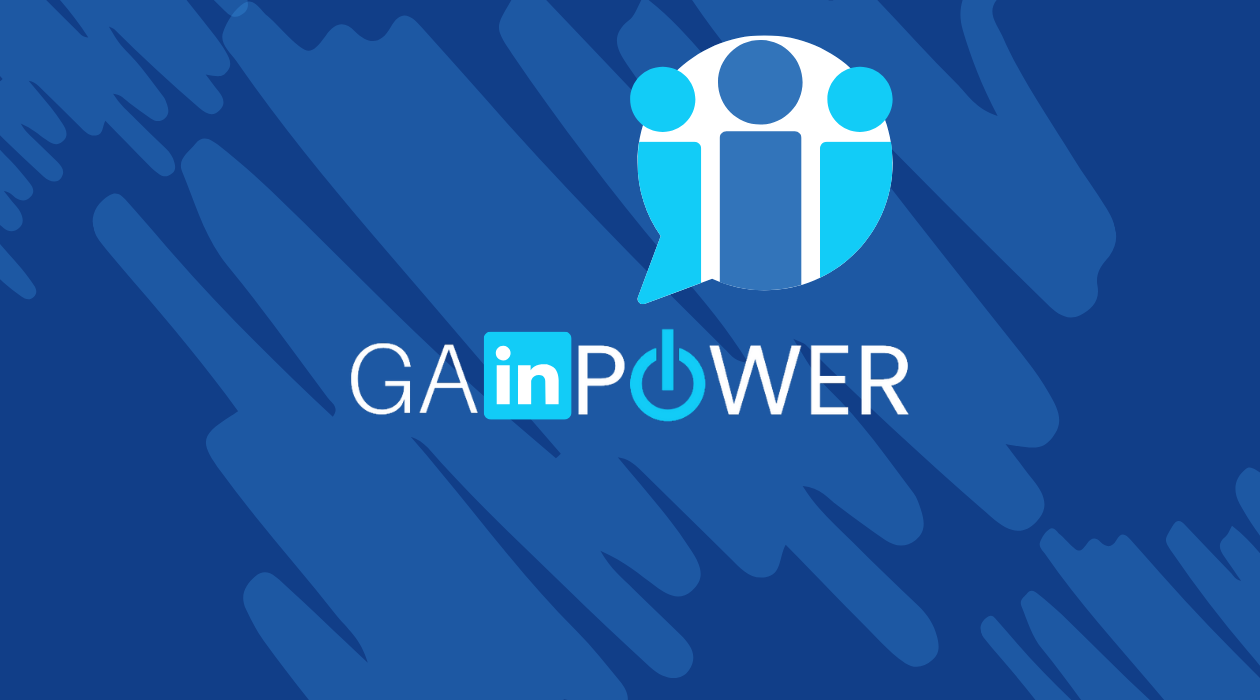Here at GAIN Power, we are always looking to spotlight different political progressives and changemakers. If you or someone you know would like to be nominated, please fill out this form!
Our Spotlight Series this week focuses on Roshni Nedungadi, a founding partner and chief research officer of HIT Strategies. Her research seeks to find nuance in how Americans, particularly BIPOC individuals and low-propensity voters, conceptualize these issues at a time where division and partisanship run rampant.
Can you give a brief background and introduction about yourself?
RN: My name is Roshni Nedungadi and I am a founding partner and chief research officer at HIT Strategies. I grew up in Appleton, Wisconsin, and went to college at the University of Wisconsin–Madison, where I majored in journalism and political science. I was there right around the time of Act 10, which was really an event that got me very politically active and I was involved in a number of campaigns. I worked in the state legislature, at a mail firm, as well as in Wisconsin, before moving out to DC to work in polling. About four and a half years ago, Terrance Woodbury and I decided that we wanted to start our own company, so we branched off and founded HIT.
What does your day-to-day work look like?
RN: Well, it really depends on the day. We usually have multiple polls in the field and multiple focus groups during the week. So, a lot of the time, the day is spent either in external meetings with clients going over toplines and different polling results or internal meetings. In the evenings, we spend a lot of time watching and moderating focus groups, and talking to voters to understand what they think about the political landscape. Also scattered in, there is a lot of traveling to conferences, speaking engagements, and speaking to the media and reporters about the data that we’re finding and what it means for upcoming elections and voters in general.
Can you speak a little bit more about what made you get involved in politics?
RN: Growing up in Wisconsin, especially northeastern Wisconsin, I feel like it was kind of taboo to talk about politics. It wasn’t a topic that was brought up and a lot of people didn’t like to discuss it as it wasn’t a polite topic of conversation. But, with all the protests surrounding Act 10 and against Scott Walker that happened around Madison, it really opened my eyes to the level of unfairness in the political system. It led to a lot of questioning of why legislators can make decisions like this when the majority of the population is against it and what is leading people to come out and vote in these elections versus not vote. That led me to think about politics more deeply and want to get involved on a deeper level.
How does your work and the work of HIT Strategies impact the current political climate we live in?
RN: At HIT Strategies, we are specifically focused on the groups that we refer to as the emerging electorate, so young people, people of color, women, LGBTQ+ folks–basically any marginalized community that makes up the majority of the Democratic coalition in this country right now. We try to find what drives them, what their attitudes are, what their feelings are towards voting, and what messages really move them. We’re really digging deep into these audiences to get answers.
What is unique about your workplace and your position?
RN: Terrance and I really created HIT Strategies for the purpose of representation. We saw so much polling data coming across our desks that minimized all voters of color around the country into just a PoC column on a cross tab; it didn’t do justice to the wealth of opinions within those communities and across those communities. The other part of the representation piece is us having a seat at the table; being from the communities that we are advocating for and representing in rooms where people are making decisions about how to talk with and engage with those communities. I often find myself the only woman of color in many rooms where we’re having these discussions and the benefit of my position is that I am able to be there and advocate for these communities.
What has been the most surprising thing you have learned since getting involved in progressive politics?
RN: Progressives actually hold very popular policy positions, we just do a really bad job at talking about them. With young voters, even young Republican voters, they hold very progressive positions, it’s just how we talk about these issues that turns these voters off. It was a surprise to me, and continues to be a surprise, that we can’t connect these two things together and make our policy positions palatable for the wider audience.
What are some of the toughest challenges you’ve had at work?
RN: I think, because polling is still conducted pretty traditionally, we’re still having a very hard time with representing people from smaller geographies and communities in voter files, online panels, or online universes that we can pull data from. So, one of the toughest challenges is providing this data to candidates and actually representing the voters. For HIT, we really prioritize publicizing as much data as possible so we can get it to candidates and campaigns to inform their strategy and how they show up for voters of color.
Have you noticed that if you are able to send out that data to campaigns and candidates that it has made a difference in their elections?
RN: I think we send out this data a lot and publish it in public spaces. When working one-on-one with a client, we read through the data that we think would be relevant to them, their district, and I think that helps them craft their message with specific demographics.
Is there anything you think campaigns should do or should stop? Why?
RN: I think it’s difficult with budgets, but campaigns should do more qualitative work. We do a lot of surface level quantitative research for campaigns, but I think you just get richer data when you do qualitative work. You find out more about what’s important or the motivating factor to voters. There’s a bit of a disconnect in terms of what we just see as a static thought on paper versus what we’re able to understand when we really dig into the way people are feeling.
What advice do you have for young professionals looking to get into politics?
RN: Work on campaigns–have conversations with voters on the ground, knock doors, make phone calls because you learn so much from being able to talk to voters. It’s important to hear what the people are thinking and what’s important to them.
Lastly, for fun, if you could do another job for just one day, what would it be?
RN: I would want to be a paleontologist, but like an Indiana Jones-type paleontologist solving mysteries with dinosaurs.






